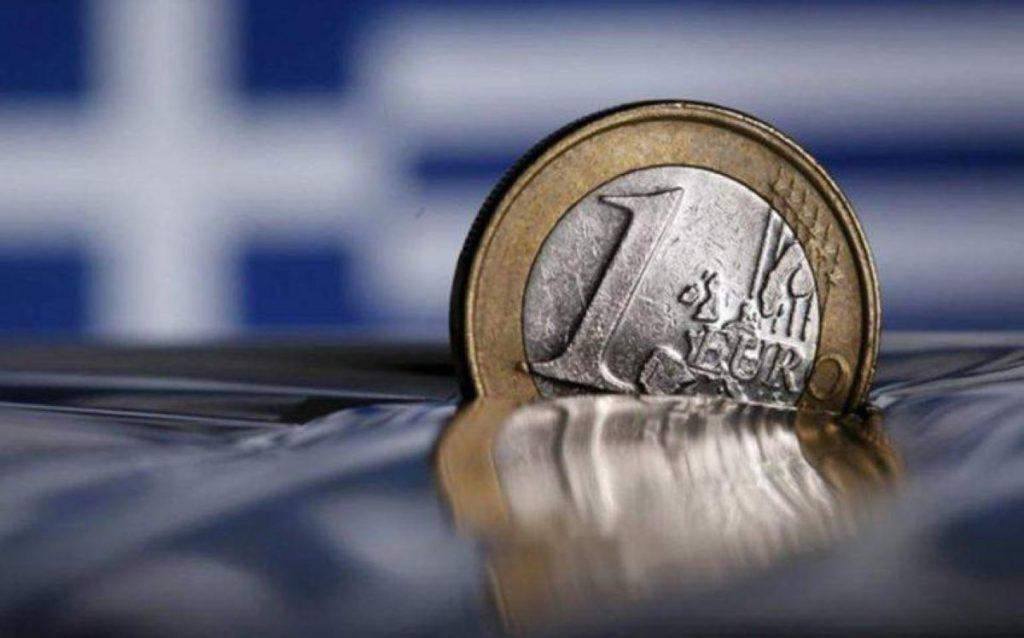Greece expects a significantly lower than expected deficit for 2021, confirming the information about the positive developments that the government expects on Friday from Eurostat. The financial staff predicts that the deficit improvement may exceed 1.5% of GDP in 2021, ie more than 2.5 billion euros (based on 2021 GDP), which strengthens, according to officials, reliability and trust. Indirectly – in combination with the good course of tax revenues in the first quarter of the year – it increases the margins for the new support interventions recorded in the current supplementary budget of 2 billion euros.
The government is also awaiting decisions at European level on how to tackle energy costs together. Sources regarding the new support measures estimated that it is difficult to change the subsidy scheme in May as it will take some time for any intervention to be implemented in practice.
Positive signal for markets
What does a “better” deficit mean? This confirmation on 22 April by the European Statistical Office sends a positive signal to the markets and Brussels to achieve realistic goals and also paves the way for negotiating greater budget margins for new policies to support households and businesses to address energy costs. Also positive are the signs of strength in government revenues in the first days of April based on data from electronic transactions. Finance Ministry figures show that tax revenues for March amounted to 3,439m euros, up by 511m euros or 17.5% from the target due to better performance in tax collection this year.
Less pressure
According to sources in the Ministry of Finance, the smallest deficit from the forecast is not a transferable amount. It is recalled that the state budget forecasts according to the ESA showed a deficit of 7%, so it will now “close” at 5.5%. The same sources explain that the lower deficit shows a lower pressure on the budget for this year, and proves that the goals are being achieved. Sources clarify that the smaller deficit for 2021 means that we need less fiscal consolidation than we would need. This will put less pressure on public finances.
The focus is now on the deficit targets for 2022 and whether the 1.4% deficit will be achieved this year. The revised forecasts will be reflected in the Stability Pact and the changes are expected to be reflected in the May medium-term deposit and will be in line with the support package.
Rise in public revenues
Deputy Finance Minister Theodoros Skylakakis said that “the good course of public revenues continued in March, despite the negative effects on the economic climate from the war waged by Russia against Ukraine. “Tax revenue was up 511m euros, or 17.5% from the target, which offset the very high revenue returns which were up 321m euros from the target.” He stressed that “in the coming days, Eurostat data for the 2021 deficit are expected, which are estimated to be significantly better than the budget forecast. According to the calculations of the General Accounting Office, the improvement will probably reach or even exceed 1.5 points of GDP “. According to the Deputy Minister, this development is extremely important as it confirms to the institutions and markets the prudent management of public finances and allows the rational additional support of households and businesses without increased fiscal risks against the unreasonably high energy prices it has caused. the heinous Russian invasion.











































